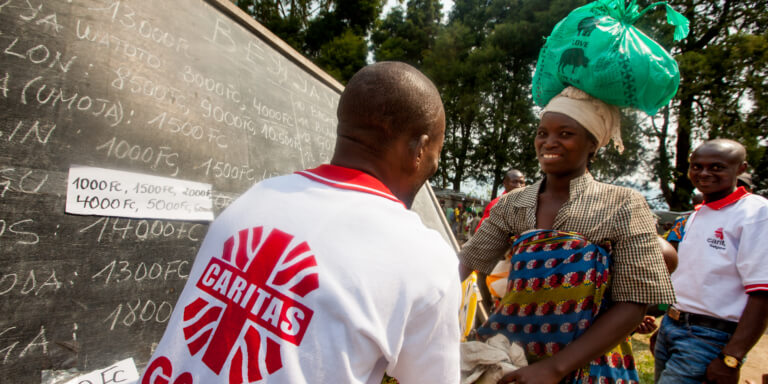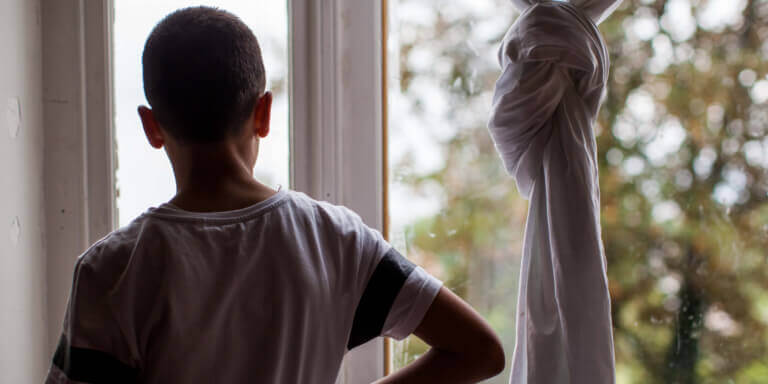Twenty years after the Dayton agreements, Bosnia-Herzegovina is still a fragile state under the protectorate of the United Nations. The country is characterised by a multi-religious reality and strong political instability, which remains a crucial challenge to peace in the Balkan region. With an official unemployment rate of approximately 40% and an average monthly income of 200 Euros, Bosnia-Herzegovina is one of the poorest countries in Europe with a primarily rural population. The country’s industry collapsed after the war in the 90s and an increasing number of families became financially dependent upon farming activities.
Caritas International has been present in this country since 2005 with projects for the most vulnerable families and civil society organisations in rural areas. These are agricultural projects and projects to diversify the national economy. The mountainous country has a varied climate and towns with potential. Tourism can be developed and local products can be revaluated in order to create new markets, jobs and additional sources of income for the families.
Different socio-economic programmes, with an emphasis on food security, offer small-scale farmers professional training and micro credit, in addition to technical and financial assistance. These programmes also help curb a mass exodus from rural areas and contribute towards a better co-existence between communities.











